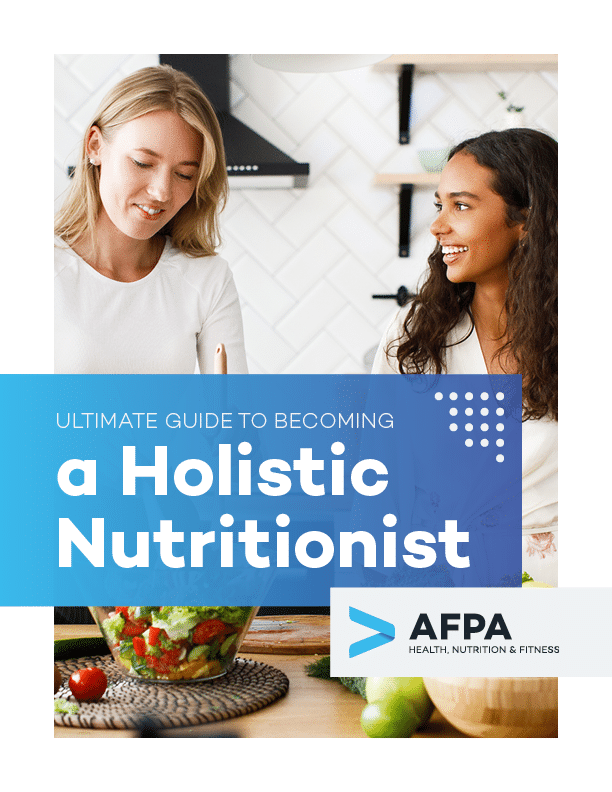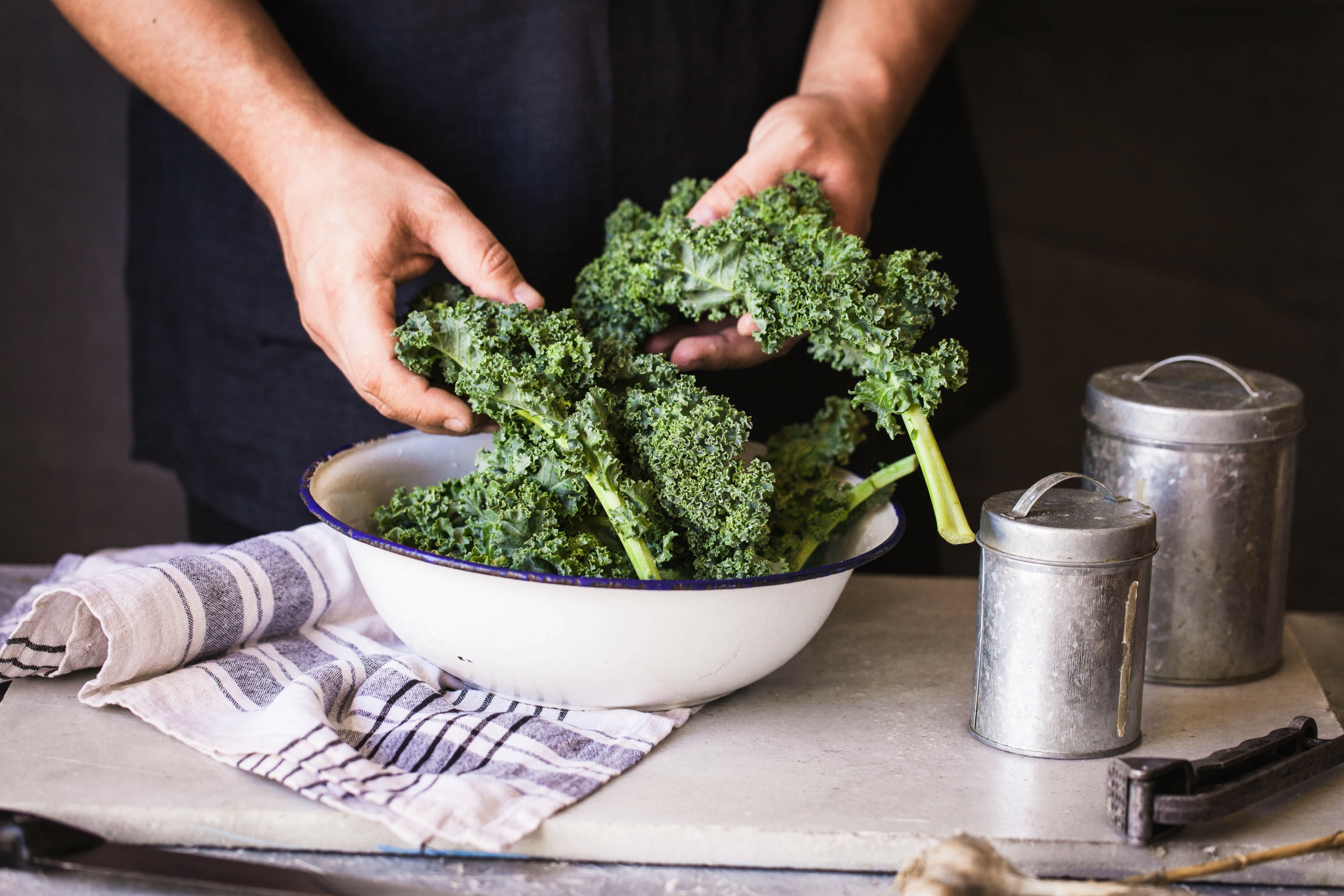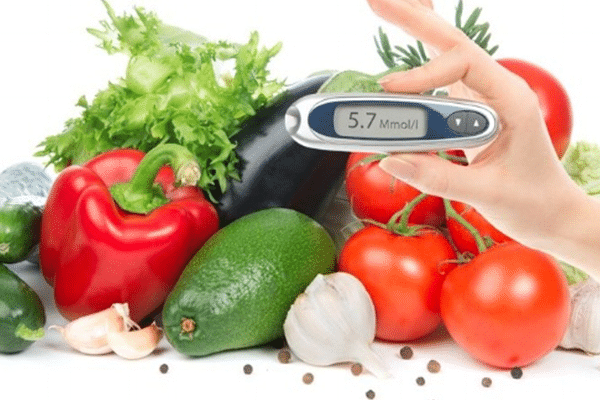Editor’s Note: This post was originally published July 2017 and has recently been updated and revised for accuracy and comprehensiveness.
Patients with inflammatory bowel disease are always concerned about their dietary choices. However, there is little evidence to suggest that any particular diet causes disease or that it can be cured with specific foods.
But of course, those who have Crohn’s disease will certainly agree that some foods and drinks do aggravate the symptoms especially when the disease flares. Since, Crohn’s and ulcerative colitis are diseases of the digestive tract; it is only natural that their patients are extra careful about their diet. It is also important that patients avoid foods that trigger their symptoms to promote long-term healing.
What is Crohn’s disease?
Crohn’s disease is a type of Inflammatory Bowel Disease (IBD). As we all know, digestion takes place in the small intestines. But with Crohn’s disease the small intestine is inflamed. This means that the intestine is unable to digest food properly as well as absorb the required nutrients from the consumed foods.
This usually results in severe diarrhea and those who have the condition also often have nutrition deficiencies resulting in weight loss, low levels of iron, vitamin B12 and folic acid.
The Crohn’s disease diet plan:
The internet is filled with diet plans for Crohn’s disease. But as we have mentioned before, there is no one-size-fits-all diet plan to cure the condition. The best treatment for those with the disease is to avoid foods that trigger the symptoms.
Not sure which foods are creating a problem? Keep a food journal and write down the foods that you eat every day. Assess how they make you feel. Do they create more digestion issue or are they well-tolerated? Following this for a few days will help you pinpoint the foods that you should be taking and avoiding.

Get Your Free Guide to Becoming a Holistic Nutritionist
Learn about the important role of holistic nutritionists, what it takes to be successful as one, and how to build a lucrative, impactful career in nutrition.
Can a liquid diet help Crohn’s disease?
A high-calorie liquid diet is often recommended to those who have the Crohn’s disease. Taking high-calorie liquid drinks can provide patients with extra nutrition, especially at the time of flare ups and allow the intestines to recover.
Foods that are highly recommended for people with Crohn’s:
Here is a list of foods that are said to be easy on the digestive systems of people with Crohn’s. The condition affects more than 1.6 million Americans and as we stated above, there is no one food that works for all.Those who wish to improve their condition and alleviate the symptoms should seek their doctors’ advice and give these foods to eat with Crohn’s a try.
Eggs:
Eggs are a source of protein and appear to be well-tolerated by most individuals with Crohn’s disease. Scrambled, hard-boiled, or omelets – eggs can be cooked in various different ways to keep things interesting.
Yogurt:
Yogurts can be a source of probiotics or the ‘good bacteria’. While research is ongoing, some studies have found that probiotics increase the intestine’s barrier function and help reduce symptoms. Non dairy varieties are available.
When selecting yogurt, make sure you select the one that states “live-culture yogurt”. Also go for the plain kind without any added sugar.
Almond milk:
Milk intolerance is common in those with Crohn’s disease. Almond milk, coconut milk, hemp milk, are some alternatives for those who are unable to digest dairy products.
Almond milk is rich in vitamin D and E and contains as much calcium as dairy milk. However, make sure that you select almond milk without any added sugar and that is the least processed.
Avocados:
Avocados are rich in B vitamins, vitamin E, potassium, and good fats. It are also the only fruit to contain digestion-friendly soluble fiber.
Vegetable soups:
Raw vegetables are known to aggravate the symptoms of Crohn’s. However, this does not mean that you stay away from the nutrients vegetable provides by avoiding it altogether. Health experts recommend taking vegetables in the form of soups, broths, and stock as well as pureeing vegetables for highly nutritious meals that are easy on the stomach as well.
Oily fish:
Oily fish such as salmon, tuna, and herring are rich in omega-3 fatty acids. These are also known to have an anti-inflammatory effect and are highly nutritious as well. It is recommended that simple preparation methods are used to cook fish and spices are used in moderate to none level to avoid any aggravation.
Rice:
White rice is considered an old-school remedy for those with digestive troubles. However, white rice is not very nutritious but it is easy on the stomach and filling. Try mixing boiled white rice with yogurt or pureed vegetables for taste and nourishment.
Apple sauce:
Just like raw vegetables, fruits in raw form are rich in fiber. Due to this, they are not easily digested by the small intestines and can increase flare-ups in Crohn’s patients. However, doctors recommend altering fruits by cooking them without skin. For example, apples can aggravate the symptoms but making apple sauce from the same fruit can help ease digestion problems.
Apart from the above foods, make sure that you continue to visit your doctor and maybe seek advice from a nutrition professional knowledgeable in the area of Crohn’s disease to assist you in making better food choices. Managing your symptoms by avoiding foods that trigger Crohn’s can go a long way in improving the overall quality of life for a Crohn’s disease patient.

Learn How to Become an AFPA Autoimmune Holistic Nutrition Specialist in Less Than 6 Months
Become an expert in helping people living with an autoimmune disease feel better.



